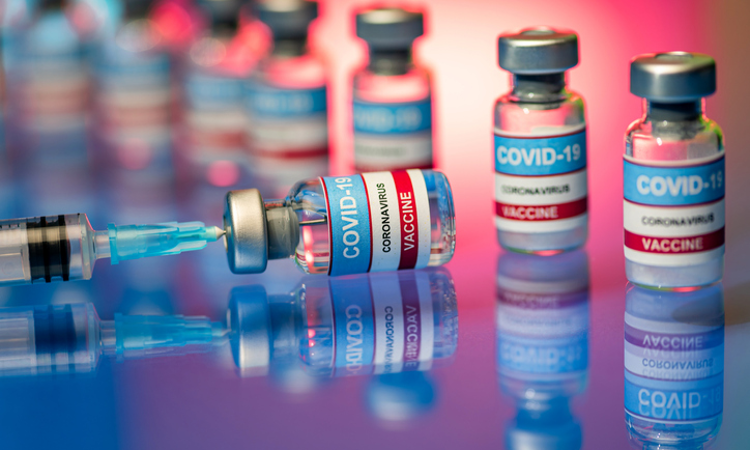Kerala High Court Reserves Order On Plea Seeking Early Administration Of Vaccines
Hannah M Varghese
31 Aug 2021 5:13 PM IST

Next Story
31 Aug 2021 5:13 PM IST
The Kerala High Court on Tuesday continued hearing a plea seeking early administration of the second jab of Covid-19 vaccine to people who are willing, and reserved its order in the matter.Justice P.B. Suresh Kumar while hearing the matter sought clarification from the Centre as to why the interval between the two doses was relaxed for certain classes of people, while the others were forced...
